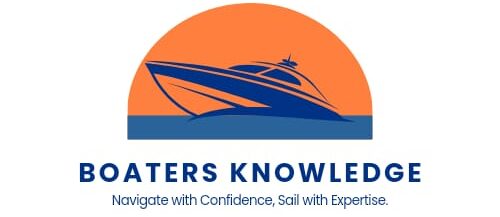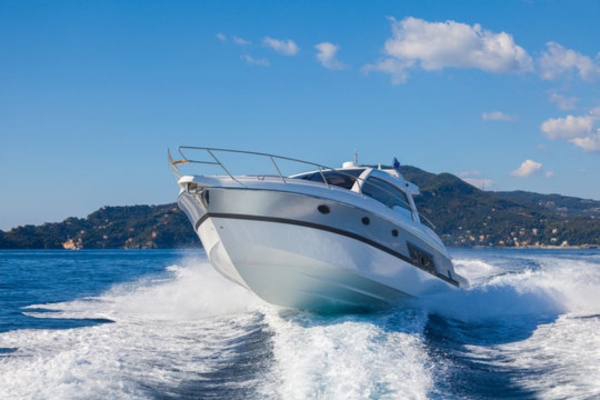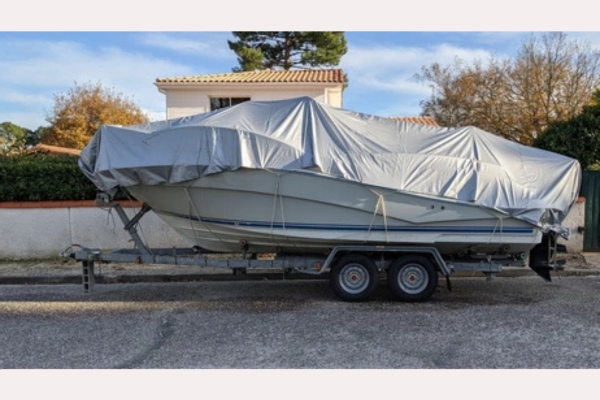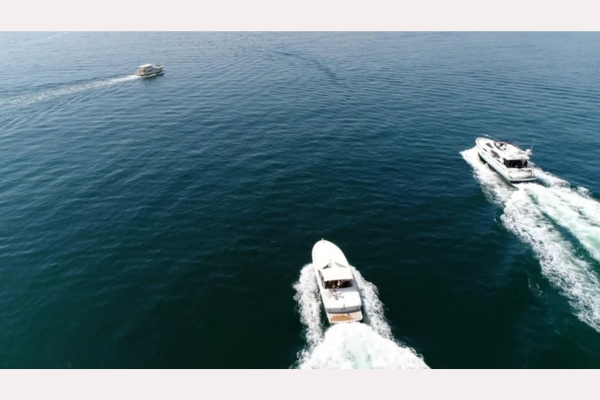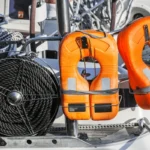If you’re eager to explore the open waters, one of the first steps is obtaining a boating license. This essential credential ensures you understand safe boating practices, navigation rules, and local regulations, making your time on the water enjoyable and secure. In this guide, we’ll walk you through the process of obtaining a boating license, the requirements, and some tips to make the process smooth and hassle-free.
What Is a Boating License?
A boating license, also known as a boating safety certificate, is a credential required in many states or countries for operating certain types of watercraft. It demonstrates that the holder has completed a boating safety course and understands the essential rules and responsibilities of boating.
Do You Need a Boating License?
The need for a boating license varies by location and the type of vessel you operate. In the United States, each state has its own rules regarding who must hold a boating license. For example:
- Age Restrictions: Some states require operators under a specific age to obtain a license.
- Type of Vessel: Personal watercraft (PWCs) like jet skis often require a boating license regardless of age.
- Reciprocity: Many states recognize licenses from other states, but you should confirm before traveling.
Check your state’s specific boating regulations to determine if you need a license.
Steps to Obtain a Boating License
Here’s a step-by-step guide to help you obtain your boating license:
- Understand the Requirements in Your State
- Visit your state’s official boating website or contact the local marine authorities to learn about specific licensing requirements.
- Enroll in a Boating Safety Course
- Courses are offered online or in person and cover topics like:
- Boating laws and regulations
- Navigational rules
- Safety equipment and emergency procedures
- Environmental considerations
- Approved providers include organizations like the U.S. Coast Guard, BoatUS, and the National Association of State Boating Law Administrators (NASBLA).
- Courses are offered online or in person and cover topics like:
- Complete the Course
- Attend all sessions and pass the final exam. Exams typically include multiple-choice questions testing your knowledge of boating safety and regulations.
- Receive Your Boating Safety Certificate
- Once you pass the course, you’ll receive your certificate, which serves as proof of completing the required training.
- Apply for Your Boating License (if applicable)
- In states requiring a separate license, submit your safety certificate and any additional documentation to the licensing authority. Some states charge a small fee for issuing the license.
Types of Boating Courses
There are several types of boating courses to consider:
- Online Courses: Convenient and flexible, allowing you to learn at your own pace.
- In-Person Classes: Great for hands-on learning and interaction with instructors.
- Advanced Courses: For experienced boaters looking to deepen their knowledge.
Some popular course providers include:
- Boat-Ed: State-approved online courses for most U.S. states.
- US Power Squadrons: Offers in-depth courses on advanced boating topics.
- America’s Boating Course: Comprehensive courses recognized nationwide.
Tips for a Smooth Licensing Process
- Plan Ahead: Some courses fill up quickly, especially during peak boating season.
- Study Diligently: Review all course materials thoroughly to pass the exam on your first attempt.
- Stay Updated: Regulations and requirements can change, so always verify current rules in your state.
- Practice Hands-On Skills: While most courses are theoretical, practical experience helps solidify your knowledge.
Renewing or Replacing a Boating License
In many cases, boating licenses or safety certificates do not expire, but some states require periodic renewal or additional training. If you lose your license, contact the issuing authority to request a replacement. Fees and requirements may vary.
Frequently Asked Questions
1. How long does it take to get a boating license?
- Most courses can be completed in a day or over a weekend. Online courses offer more flexibility.
2. Is a boating license valid in other states?
- Many states have reciprocity agreements, but always confirm with local authorities.
3. What happens if I operate a boat without a license?
- Penalties vary but can include fines, mandatory education courses, or restrictions on operating vessels in the future.
Final Thoughts
Obtaining a boating license is a straightforward process that equips you with the knowledge and skills to be a responsible boater. By completing a safety course and understanding the rules, you’ll ensure not only your safety but also the safety of others on the water.
Looking for Your Perfect Boat?
After earning your boating license, it’s time to find the ideal vessel for your adventures. Fly Yachts, Florida’s premier boat brokerage, offers a wide selection of boats to suit every need. With expert advice and unparalleled service, we make your boating dreams a reality.
Fly Yachts
Contact Number: 954-633-4878
Address: 130 SE 29th Street, Fort Lauderdale, Florida 33301
Embark on your boating journey with confidence and style. Contact Fly Yachts today!
